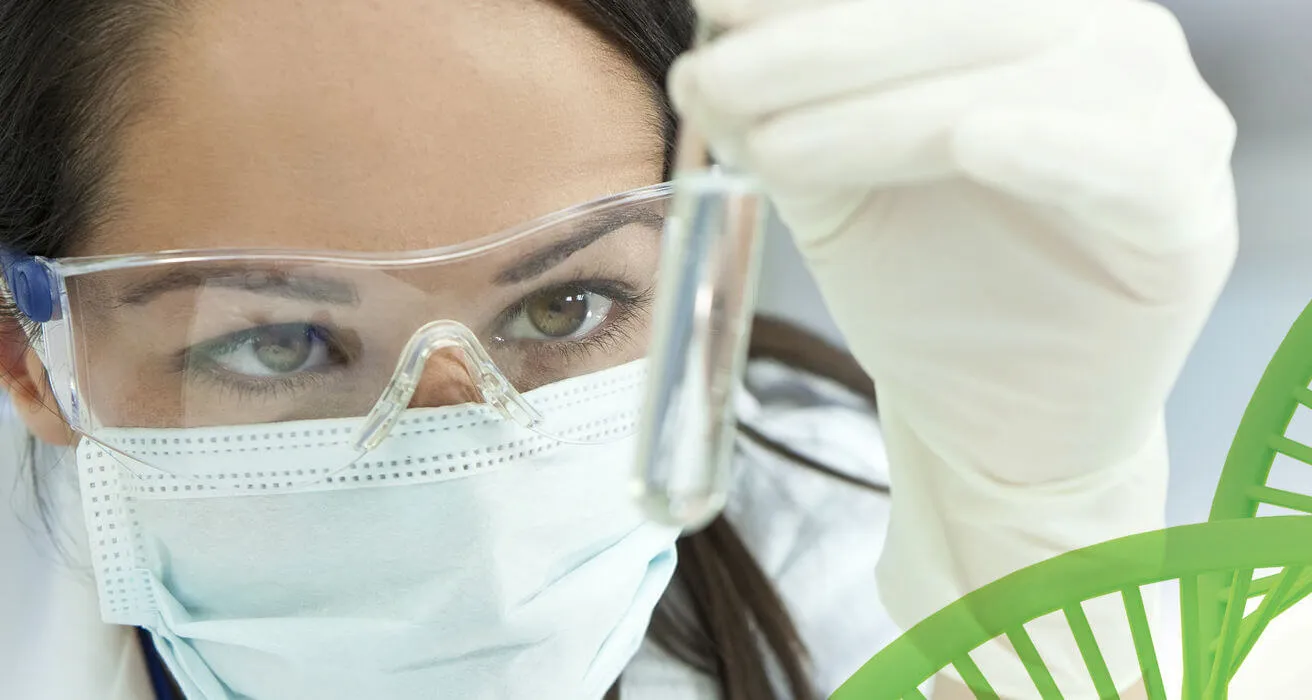The European Division of the International Diabetes Federation (IDF) has just published its positioning in biosimilar insulins, including two specific recommendations for pharmacists: the need to be well informed about insulin formulations (including biosimilar versions) and maintainNarrow contact with prescribing doctors in case of substitution to contribute to the traceability of clinical results.
The organization recalls that the estimated prevalence of diabetes in adults between 20 and 79 years is 8.8% and will reach 9.9% in 2045. Also remember that the lack of access to insulin at an affordable priceIt is still an impediment to the success of treatment, as well as a stumbling block to cut the step to complications- chronicles and acute- and the premature death of people with the disease.
Although biosimilar have been used in Europe for almost a decade in areas such as nephrology, oncology, rheumatology or endocrinology, “the concept of biosimilar is not yet well known by many general doctors, nursing staff and other professionals who attend patients with patients withDiabetes, ”says the document.
lower price reduction
While it has been said that biosimilar emergence can reduce the price of original molecules by up to 50%, the Federation considers that it is not clear if that potential will come true with biosimilar insulins.
The high cost involved in the manufacture and development of these could make price reductions less significant than those observed in other therapies.
On the other hand, an additional reason for the introduction of biosimilar is that they constitute an extension of the number of therapeutic options available and can improve access to treatments.
Recommendations for health professionals
In addition to the specific recommendations for pharmaceuticals, the IDF considers that health professionals in general should ensure that people with diabetes who have controlled disease correctly do not change their insulin formulation- biosimilar included- without a solid clinical motive and evidenceof interchangeability.
The change of therapy should be discussed with the patient, providing clear information and sufficient quantity.They must also take into account their preferences and, in case of adverse reaction, inform - as is done in any case - to establish a monitoring protocol.
Patients are recommended to familiarize themselves with relevant aspects of the use of biosimilar insulin so that their communication with professionals is effective and informing promptly about adverse reactions.
more industry data
The industry is expected, it indicates the positioning, which provides conclusive and reproducible data on the pharmacokinetics and the pharmacodynamics of the new medicines compared to those of reference, as well as comprehensive data that show the variability of the product and its efficiency in the devices forYour administration.
In the same way, it is expected to disclose results of the comparison in safety and effectiveness with the reference product in all relevant aspects of the use of the medication, in addition to the cost/benefit reason.In this aspect, immunogenicity data is particularly important.
It is also recommended to the sector that provides data on interchangeability in practice, pharmacovigilance and post -commercialization data, all collaborating closely with health authorities, clinicians and patients.
Finally, the authorities are expected to take as reference the guides of the World Organization of theHealth, European Union documents and the like, and that take into account the need to work with health professionals and patients in the biosimilar introduction process.


